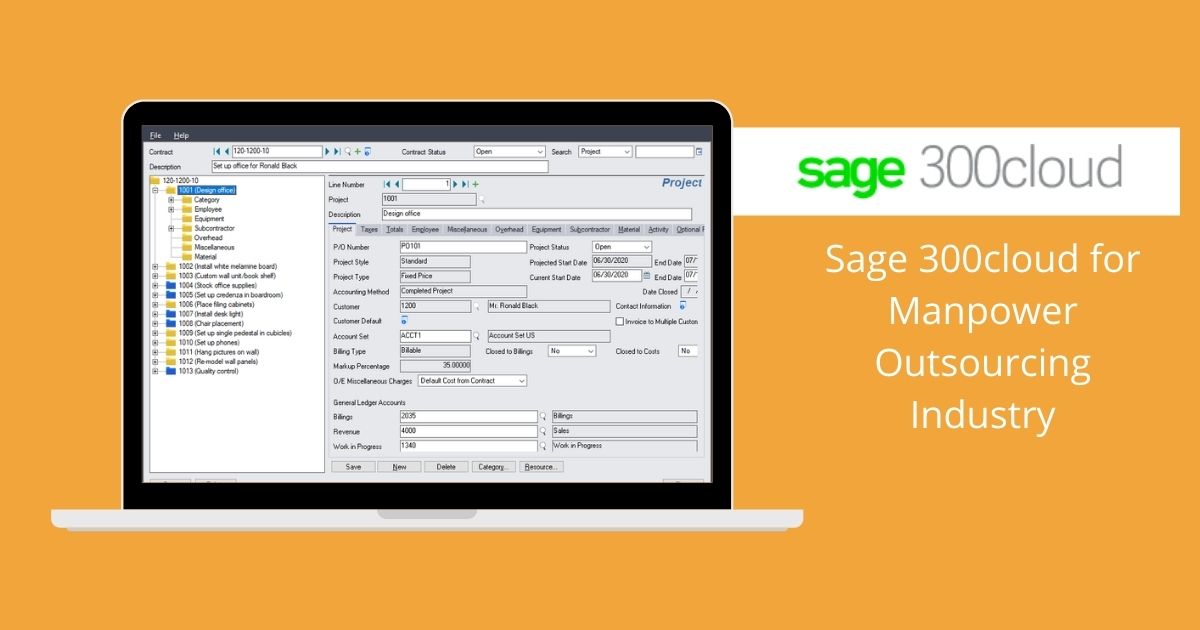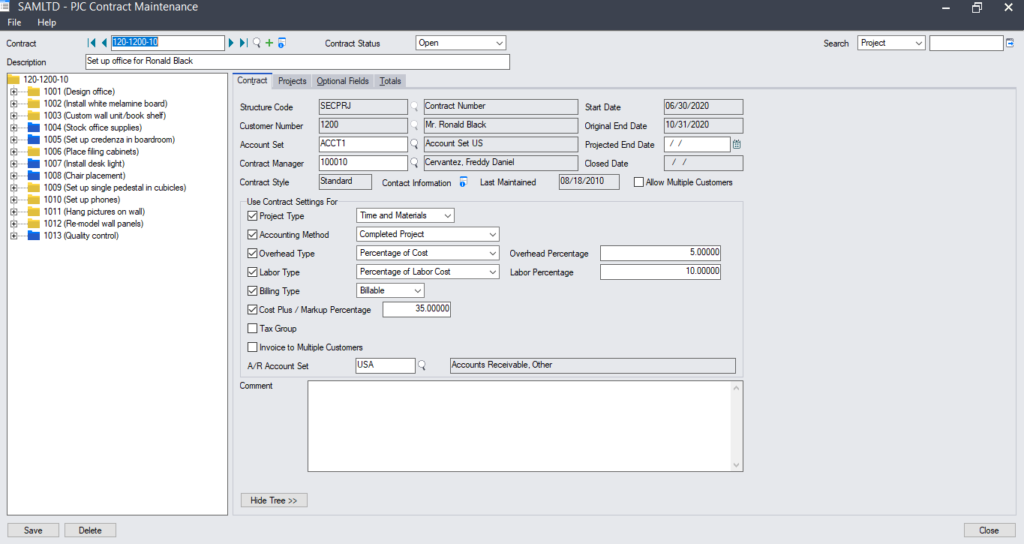Nowadays the rapid growth of industrialization has led to growing a demand for skilled and equipped employees to manage personal functions and organizational tasks of an industry.
To improve operational performance companies appoint services like human resource outsourcing in which the company that requires trained professionals, hires employees from firms providing such resources by having a service level agreement where both the groups mutually agree to the services that the resource will provide. HR helps employees in non-operational tasks such as income tax returns, corporate loans, etc.
These Human Resources join the company for a specified project and stay in the firm until the project ends. Once the project is over, the resource gets outsourced to some other industries for another project.
Challenges running a Manpower Outsourcing Industry
The manpower outsourcing industry is not just one industry it’s like running many industries in one place.
When we are talking about many industries means there is a lot of work done such as collecting funds from multiple organizations, tracking a project time and work done by the employee, and also managing a lot of resources and contracts between organizations.
While running a manpower outsourcing industry it’s very important to extract historic data to help you quote a client as the demand increases for a particular type of resources
Some of the major challenges are faced by a Manpower Outsourcing industry
- Handling accounts of multiple clients which represent multiple sectors of industries and sometimes these Human Resources are working for international companies so it becomes a very tedious task to calculate the cost of work done in a different currency and paid in functional currency to HR.
- Maintaining a time log of Human Resources who are working for different time zone clients.
- Generating a summary or details report of accounts and Human Resources timesheet.
- Maintaining the status of the project for every client.
- Maintaining a timecard entry of employees.
- Handling multiple contracts related to projects.
Solution with Sage 300cloud ERP
Sage 300cloud allow you to manage all your task in one place whether it’s handling a transaction, Project costing, managing multiple currency accounts, or transaction.
Sage 300’s powerful and highly detailed project costing module helps you track, assign, plan, and analyze costs, estimates, resources, and more down to the details of many projects, so you can keep them profitable and on time. This is ideal for companies with complex project accounting needs.
The PJC module has easily customizable categories to meet virtually any required specification, it is flexible enough to handle projects large or small for any business environment.
Best of all, you won’t require to retrain your employees, as project information can be entered into the transaction entry screen. With streamlined integration with major Sage 300clouds modules and comprehensive custom reporting abilities, Project and Work Costing allows you control project costs with better tracking, improved efficiency, and higher accuracy.
In PJC module you can get precise project data that can be easily tailored to your business needs. Also, you can quickly define a hierarchy of project levels and transaction types to track and report costs and benefits for any size project. You can manage contracts or jobs to three levels such as contract (job), project (stage), and category. You can specify an expense account to use in expense transactions for each category, and use up to five segments of your contract to represent contract types and divisions. In PJC you can enter the burden and overhead associated with your projects manually or you can define formulas for automatic calculation of these costs.
The PJC module project maintenance screen helps you track estimated project value as well as actual project value. Using the Timecards screen users can enter time invested by the employees in a particular project. Overhead expenses, as well as miscellaneous expenses per employee/user, can also be tracked in the PJC module.
You can specify whether to generate item or summary invoices for fixed-price projects that use billings and costs or the accrual basis accounting method. You can even define your fields to store additional project-related data. These flexible capabilities enable you to assess projects at each phase to keep costs and resources on track.
PJC module puts your organization in control of project costs with better tracking, improved profitability, and greater accuracy.
Sage 300cloud Account Payable (AP) and Account Receivable (AR) modules make it easy for you to see at a glance how well your company is performing and it will also help you to know company performance.
Sage300cloud Accounts Payable module provides your business with a powerful library of accounting and reporting features that expedite the rapid entry of vendor invoices and full check reconciliation using Bank Services.
The accounts receivable module helps you to identify customers’ sales statistics, track outstanding balances, easily apply cash to outstanding invoices, and allow you to schedule recurring charges for faster invoicing.
Sage 300cloud allows transactions to be entered in multiple currencies like USD, Euro, AED, etc. Reports are available in transactional and home currency.
Sage 300cloud also provides you with one of the powerful tools for reporting known as Business Intelligence (BI) reporting. BI helps to generate customized reports as per your requirements.
STAY UPDATED
Subscribe To Our Newsletter
At Sage Software Solutions (P) Ltd., we are home to world-class ERP software and CRM software that will solidify your business tech support fundamentals and enable you to build a customer-centric organization. You can also write to us at sales@sagesoftware.co.in.
Disclaimer: All the information, views, and opinions expressed in this blog are those of the authors and their respective web sources and in no way reflect the principles, views, or objectives of Sage Software Solutions (P) Ltd.









